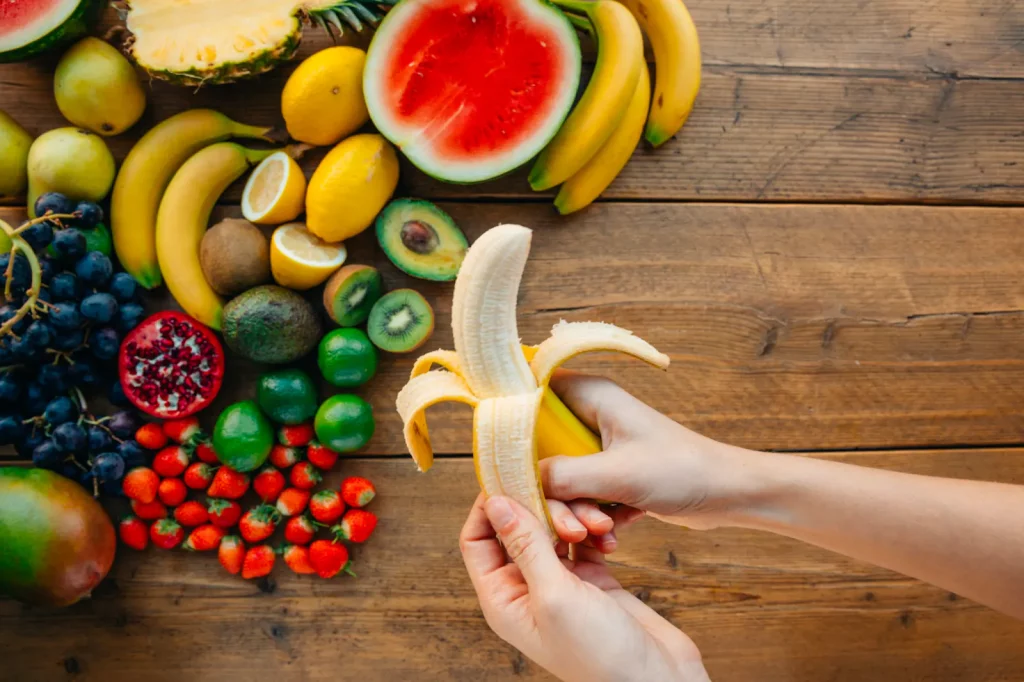You must have come across the term electrolytes and electrolyte drinks in sports commercials. However, electrolytes are an important component for everyone.
To overcome your daily fatigue, nausea, cramps and much more, electrolyte drinks are an important component. Although, the importance of electrolytes does not end there.
This article will help you understand why you need to include electrolytes in your diet on a regular basis and how to do the same.
What Are Electrolytes?
Particles with a positive or negative electric charge are collectively referred to as “electrolytes.” The phrase “essential minerals” in nutrition refers to minerals that are present in your blood, sweat, and urine. These minerals generate electrolytes, which are positive or negative ions utilised in metabolic processes when they dissolve in a liquid.
The electrolytes that are present in our body include minerals like:
- Calcium.
- Sodium.
- Potassium.
- Chloride.
- Magnesium.
- Phosphate.
- Bicarbonate.
Why Do You Need Electrolytes?
Following are the bodily systems that need electrolytes for optimised functioning:
Muscle Functioning
The ability of muscle fibres to contract and relax depends on electrolytes. When muscles are at rest, sodium levels outside the cells are higher than those within. Severe electrolyte deficits can lead to serious health issues. We must replace electrolytes lost via perspiration if we want to maintain athletic performance throughout practice and competition.
Nervous System
A healthy fluid balance is necessary for brain health, and salt, in particular, plays a significant role in defining cerebral fluid balance. Electrolytes are so named because they carry electrical charges between cells. These minerals support the transmission of nerve impulses, immunological signals, and a variety of other communications throughout the body.
Internal pH Levels
When you have too much or not enough water in your body, your electrolyte balance may be thrown off. This might happen as a result of vomiting, sweating, diarrhoea, and illnesses that damage your kidneys or liver. You have an acid/base imbalance if your electrolyte levels are out of balance as a result of dehydration. Confusion, hand tremor, lightheadedness, muscular spasms, and nausea are some of the signs of this illness.
How To Include Electrolytes In Your Diet?
The electrolytes your body needs may easily be obtained via eating. These food items and beverages can aid in replenishing your electrolyte reserves.
Coconut Water
The transparent liquid found inside coconuts is called coconut water; it is not the same as coconut milk. Unflavored coconut water has fewer calories and sugar than other drinks. Yes, coconut water contains electrolytes, including manganese, potassium, and sodium. But it doesn’t hydrate any better than regular water.
Electrolyte Hydration Sports Drinks
Sports drinks and other commercial electrolyte beverages may be excellent choices for athletes but may not be the best choices for the regular individual. For instance, high-endurance athletes may easily restore the electrolytes they lose via perspiration while staying hydrated by consuming sports drinks. However, you can go for electrolyte brands like Ultima Replenisher for electrolyte powders. With these, you can control the mineral levels and drink whenever you want.
Bananas
Potassium, an essential element and electrolyte in the body that carries a little electrical charge, is found in abundance in bananas. In addition, potassium counteracts the negative effects of too much dietary salt and helps to keep the water balance in cells in a healthy state. High blood pressure can result from a food imbalance of too much sodium and too little potassium. Since they are low in sodium and high in potassium and fiber, bananas are a crucial part of heart-healthy diets like the DASH (Dietary Approaches to Stop Hypertension).
Avocado
Avocados work to offset the effects of salt, which lowers blood pressure. Avocados, sometimes known as “Nature’s Butter,” are potassium-rich foods. In fact, only 1 avocado may have up to 975 mg of potassium, which is twice as much as a banana. Choose a 1/4 portion of avocado on toast after your workout to rehydrate and replenish your energy!
Wrapping It Up!
When a person’s body loses water without losing electrolytes, the result is an excess and is known as an electrolyte imbalance.
Restoring low levels or lowering high concentrations are both necessary for the treatment of an imbalance. The reason for the imbalance and the severity of the symptoms determine the method of treatment.
It is, therefore, important to keep the electrolyte levels in your body in control.
